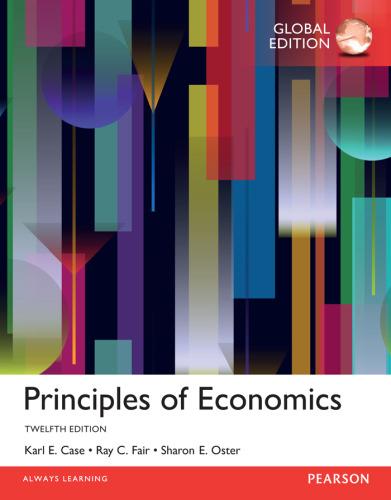1.1. If in fact the chinese government was allocating the rights to export under a quota to...
Question:
1.1. If in fact the chinese government was allocating the rights to export under a quota to the most productive firms, what would you expect to see happen once the quota is lifted? Prior to 2005, textiles and clothing from China and much of the emerging world, heading for the United States, Canada, and the European Union, were subject to quotas. In an interesting new paper, Peter Schott from Yale and Amit Khandelwal and Shang-Jin Wei from Columbia University, investigated what happened once the quota was lifted.1 It should come as no surprise that lifting the quota increased the textiles and clothing exported to all three areas.
A more interesting question is what happened to the composition of the firms doing the exporting after quotas were lifted. Did the same firms just send more goods, for example?
When an exporting country faces a quota on its products, someone has to decide which firms get the privilege of sending their goods abroad. Typically, governments make this decision. In some cases, governments auction off the rights to export, seeking to maximize public revenue; here we might expect that more efficient firms would be the most likely exporters because they could bid the most due to their cost advantage in selling the goods. In other cases, governments may give export rights to friends and family
Step by Step Answer:

Principles Of Economics
ISBN: 9780802845610
12 Global Edition
Authors: Karl E. Case, Ray C. Fair, Sharon E. Oster






